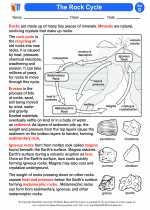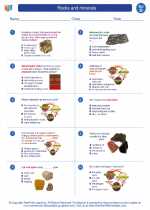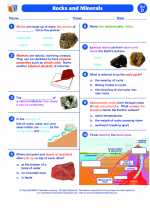Vitamin B12: The Essential Nutrient
Vitamin B12, also known as cobalamin, is a water-soluble vitamin that plays a crucial role in various bodily functions, including the production of red blood cells, DNA synthesis, and the proper functioning of the nervous system. It is an essential nutrient, meaning that the body requires it for normal functioning but cannot produce it on its own. Therefore, it must be obtained through diet or supplements.
Sources of Vitamin B12
Vitamin B12 is naturally found in animal products such as meat, fish, eggs, and dairy products. For individuals following a vegetarian or vegan diet, fortified foods or supplements may be necessary to ensure an adequate intake of vitamin B12.
Functions of Vitamin B12
Vitamin B12 is involved in several important bodily functions, including:
- Red Blood Cell Formation: Vitamin B12 is necessary for the production of red blood cells, which carry oxygen throughout the body.
- Neurological Function: It plays a key role in the maintenance of the nervous system and the synthesis of myelin, a protective covering for nerves.
- DNA Synthesis: Vitamin B12 is essential for the synthesis of DNA, the genetic material in all cells.
Deficiency and Health Implications
A deficiency in vitamin B12 can lead to a condition known as pernicious anemia, characterized by the production of abnormally large red blood cells. In addition, neurological symptoms such as numbness, tingling, and cognitive changes can also occur with a deficiency. Long-term deficiency can have serious implications for overall health.
Study Guide: Key Points to Remember
- What is another name for vitamin B12? Why is it essential for the body?
- Identify natural food sources of vitamin B12. What alternatives are available for individuals with dietary restrictions?
- Describe the role of vitamin B12 in red blood cell formation and its impact on the nervous system.
- What health implications can arise from a deficiency in vitamin B12?
- Explain the importance of including vitamin B12 in the diet for overall health and well-being.
It is crucial to understand the significance of vitamin B12 in maintaining overall health and well-being. Regular consumption of foods rich in vitamin B12 or appropriate supplementation can contribute to optimal bodily function and prevent potential health issues associated with its deficiency.
.◂Science Worksheets and Study Guides Fourth Grade. Rocks and minerals

 Activity Lesson
Activity Lesson
 Worksheet/Answer key
Worksheet/Answer key
 Worksheet/Answer key
Worksheet/Answer key
 Worksheet/Answer key
Worksheet/Answer key
 Worksheet/Answer key
Worksheet/Answer key
 Vocabulary/Answer key
Vocabulary/Answer key
 Vocabulary/Answer key
Vocabulary/Answer key
 Vocabulary/Answer key
Vocabulary/Answer key
 Vocabulary/Answer key
Vocabulary/Answer key
